Truck transport plays an essential role in the movement of goods to and from Iran. Situated at a geographical crossroads, Iran connects Asia, Europe, and the Middle East, making its trucking industry a vital part of international trade. This article delves into the significance, processes, benefits, and challenges of truck transport involving Iran.
The Importance of Truck Transport in Iran
Iran’s strategic location makes it a key player in global logistics. With access to major international corridors, truck transport facilitates trade between neighboring countries like Turkey, Iraq, Afghanistan, and Central Asia, as well as broader regions. Its robust road network—spanning over 220,000 kilometers—supports domestic and cross-border trucking activities, handling goods ranging from industrial equipment to perishable goods.
Key Features of Truck Transport in Iran
Versatility: Truck transport is adaptable for various types of cargo, including containerized goods, oversized machinery, and temperature-sensitive products like pharmaceuticals and food items.
Cost-Effectiveness: Compared to air freight, trucking offers a more affordable option for medium- and long-distance shipments. It’s especially beneficial for landlocked countries trading with Iran.
Reliability: With well-established logistics companies operating modern fleets, trucking ensures timely and secure delivery of goods.
Read more: Ground Freight
Contact us to inquire about shipping rates.
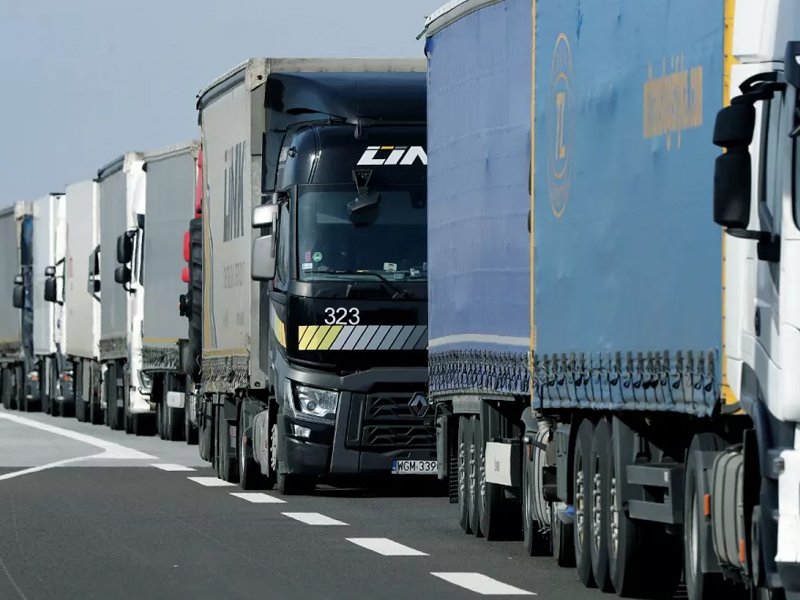
Common Routes for Trucking
North-South Corridor: This route connects Northern Europe to South Asia via Iran, facilitating trade between Russia, India, and the Persian Gulf.
East-West Corridor: Trucks traveling between Turkey and Afghanistan or Central Asia frequently pass through Iran.
Domestic Routes: Key domestic highways link major industrial hubs like Tehran, Isfahan, and Bandar Abbas, ensuring seamless distribution within the country.
Processes Involved in Truck Transport
Customs Clearance: Efficient customs procedures at Iranian borders are critical for smooth trucking operations. Compliance with regulations, accurate documentation, and coordination with customs officials minimize delays.
Cargo Loading and Securing: Proper loading techniques and securing mechanisms ensure the safety of goods during transit, particularly for sensitive or high-value cargo.
Monitoring and Tracking: Advanced GPS systems enable real-time tracking of trucks, providing visibility into shipment progress and estimated delivery times.
Read more: Freight Forwarder for Shipping from Iran to UAE (Dubai)
Challenges in Truck Transport to/from Iran
Sanctions and Trade Restrictions: International sanctions on Iran can complicate logistics, requiring careful planning and adherence to legal frameworks.
Border Delays: High volumes of cross-border traffic occasionally result in congestion and delays, particularly at busy checkpoints.
Infrastructure Limitations: While Iran’s road network is extensive, some areas still require improvements to handle growing freight volumes.
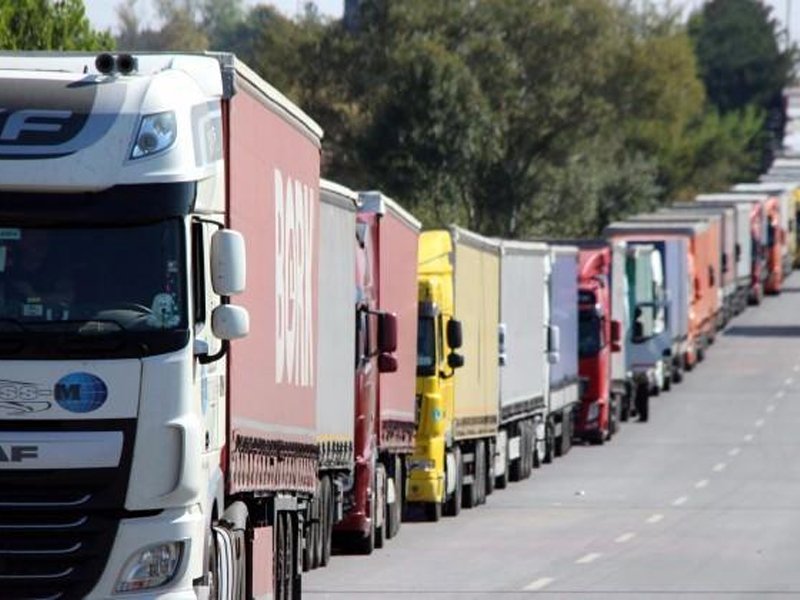
Solutions and Innovations
Technology Integration: Companies are leveraging digital platforms for route optimization, cargo tracking, and automated documentation to enhance efficiency.
Regional Partnerships: Collaborations with neighboring countries improve border processes and foster seamless trade flows.
Eco-Friendly Initiatives: The introduction of fuel-efficient trucks and alternative energy vehicles aligns with global sustainability goals.
Benefits of Truck Transport with Iran
Trade Facilitation: Trucking strengthens trade ties between Iran and its partners, boosting economic growth.
Flexibility: Trucks can access remote areas and provide last-mile delivery services, making them indispensable for diverse logistics needs.
Scalability: Trucking accommodates a wide range of shipment sizes, from small parcels to full truckloads.
Read more: Freight Forwarder For Shipping From Iran to India
The Future of Truck Transport in Iran
The trucking industry in Iran is poised for growth, driven by infrastructure investments, technological advancements, and regional collaborations. As trade corridors expand and digital solutions take center stage, trucking will continue to play a pivotal role in connecting Iran with the global market.
Conclusion
Truck transport is the backbone of Iran’s logistics sector, facilitating domestic distribution and international trade. Despite challenges, ongoing innovations and strategic efforts are enhancing the efficiency and reliability of this mode of transportation. For businesses aiming to leverage Iran’s geographical advantage, investing in well-planned trucking operations is a step towards long-term success.
FAQs
Truck transport is cost-effective, versatile, and reliable. It allows for the transport of various cargo types, including oversized machinery and perishable goods. Its flexibility in accessing remote areas and providing last-mile delivery makes it an essential mode of transport.
Iran connects major trade routes like the North-South Corridor (linking Northern Europe to South Asia) and the East-West Corridor (connecting Turkey, Afghanistan, and Central Asia). These corridors make Iran a key player in global logistics.
Challenges include international sanctions, border delays due to high traffic, and infrastructure limitations in certain regions. Effective planning and regional cooperation are critical to overcoming these obstacles.
Cargo safety is ensured through proper loading and securing techniques, advanced GPS tracking systems, and modern fleets operated by experienced logistics companies.
The industry is expected to grow with investments in infrastructure, digital technologies, and eco-friendly initiatives. Expanding trade corridors and regional partnerships will further strengthen Iran’s role in global logistics.



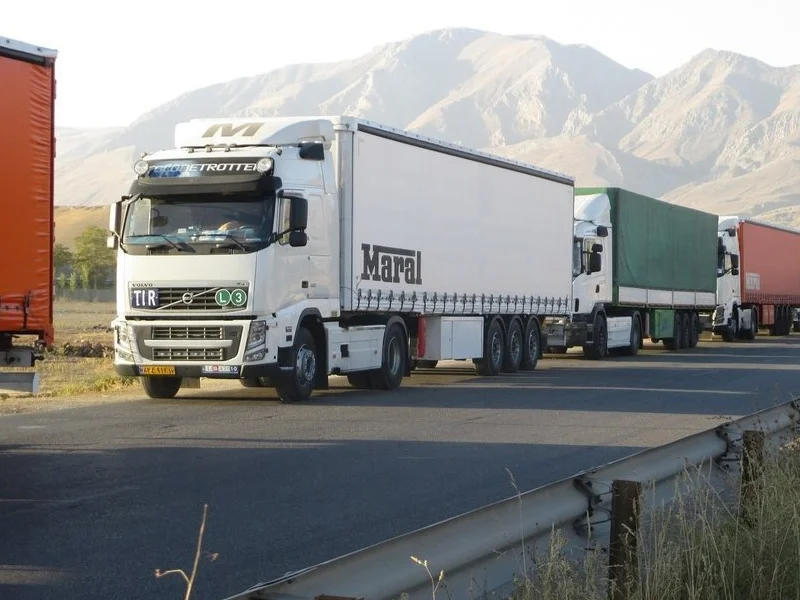
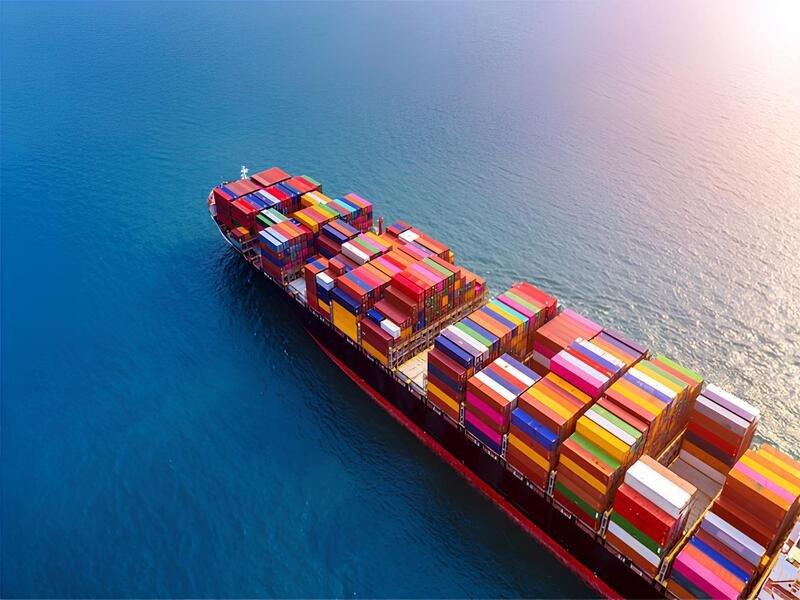
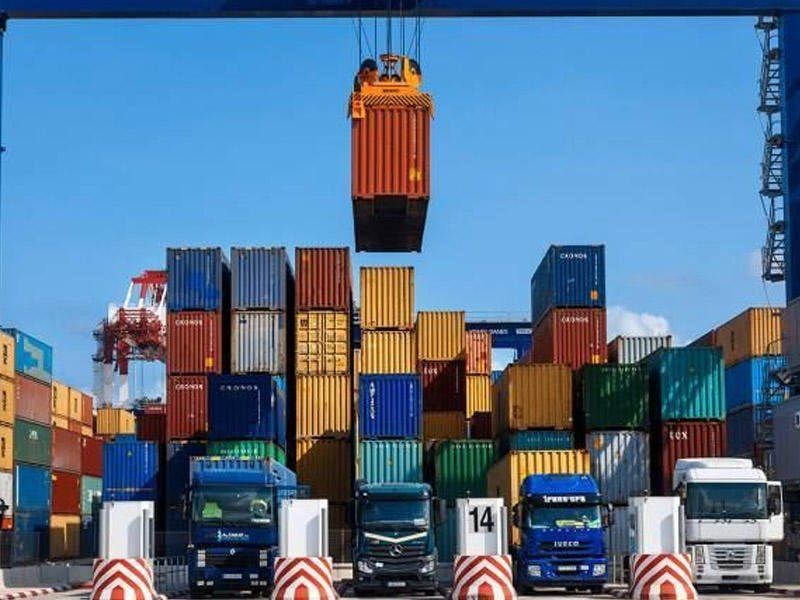
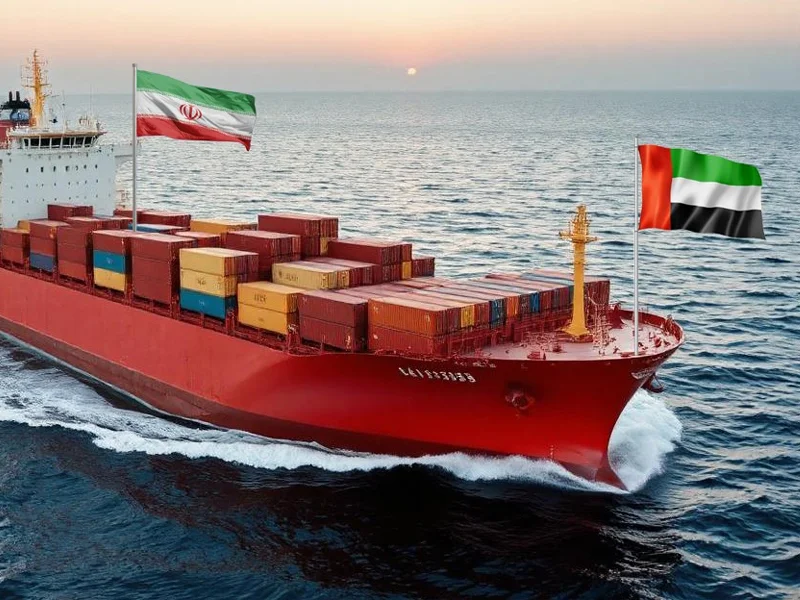
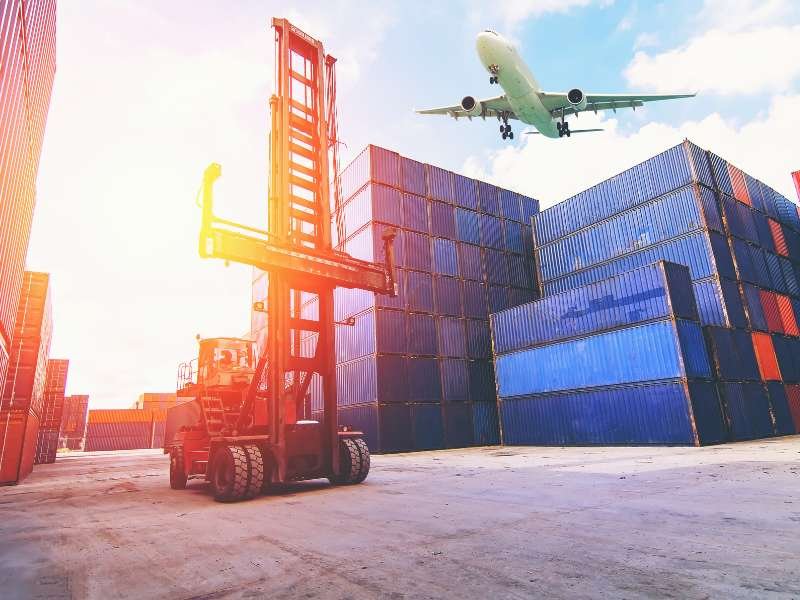


Recent Comments